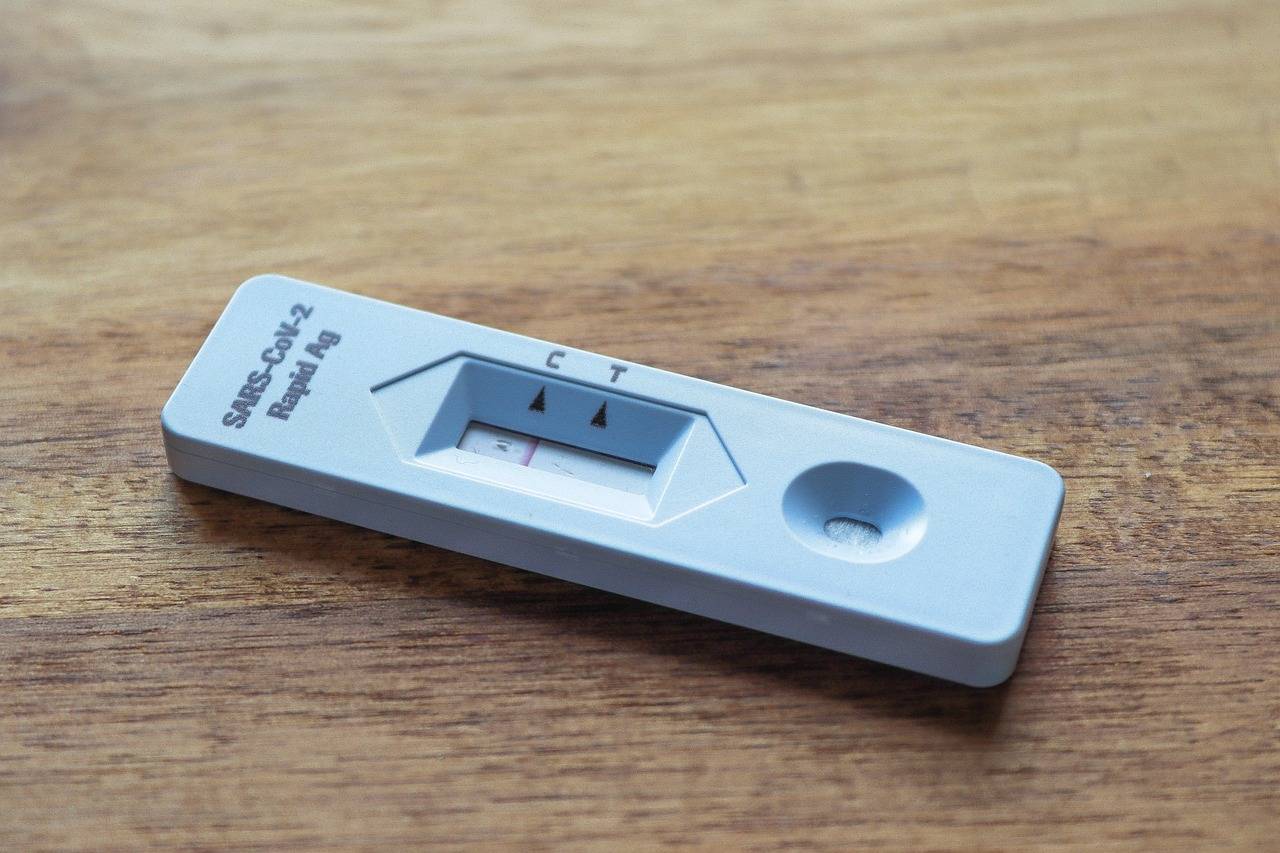The Role of Insulin in Diabetes Management: 11xplay reddy login registration, Laser book 247, Skylive casino
11xplay reddy login registration, laser book 247, skylive casino: Diabetes is a chronic condition that affects millions of people worldwide. It is characterized by high levels of sugar in the blood, which can lead to serious health complications if not managed properly. One of the key elements in managing diabetes is the hormone insulin. In this article, we will explore the role of insulin in diabetes management and why it is crucial for individuals with diabetes.
What is Insulin?
Insulin is a hormone produced by the pancreas that helps regulate blood sugar levels. When we eat, our body breaks down carbohydrates into glucose, which is then absorbed into the bloodstream. Insulin is responsible for allowing glucose to enter cells, where it is used for energy. Without enough insulin, glucose builds up in the bloodstream, leading to high blood sugar levels.
Role of Insulin in Diabetes Management
For individuals with type 1 diabetes, the pancreas does not produce insulin at all. In this case, insulin therapy is necessary to replace the missing hormone. Insulin is typically administered through injections or an insulin pump. The goal of insulin therapy is to mimic the body’s natural insulin production and keep blood sugar levels within a healthy range.
In type 2 diabetes, the body either does not produce enough insulin or becomes resistant to its effects. This results in high blood sugar levels that can lead to complications over time. Insulin therapy may be used in some cases to help manage blood sugar levels, especially when other medications are not effective. It is often prescribed in combination with healthy lifestyle changes, such as diet and exercise.
Types of Insulin
There are several types of insulin available, each with varying onset times and durations of action. Some common types of insulin include:
– Rapid-acting insulin: Starts working within 15 minutes and lasts for 3-5 hours.
– Short-acting insulin: Begins working within 30 minutes and lasts for 5-8 hours.
– Intermediate-acting insulin: Starts working within 1-2 hours and lasts for 12-18 hours.
– Long-acting insulin: Works gradually over 24 hours, providing a steady release of insulin.
FAQs
Q: Can insulin cure diabetes?
A: Insulin is not a cure for diabetes but rather a treatment that helps manage blood sugar levels. It is essential for individuals with type 1 diabetes and may be used in type 2 diabetes when other treatments are not sufficient.
Q: What are the side effects of insulin therapy?
A: Common side effects of insulin therapy include weight gain, hypoglycemia (low blood sugar), and injection site reactions. It is important to work closely with a healthcare provider to monitor and manage any side effects.
Q: How should insulin be stored?
A: Insulin should be stored in a cool, dark place and kept refrigerated when not in use. It should not be exposed to extreme temperatures or direct sunlight. Insulin that is cloudy or discolored should not be used.
Q: Can insulin be taken orally?
A: No, insulin cannot be taken orally because it would be broken down by the digestive system before reaching the bloodstream. Insulin is typically administered subcutaneously (under the skin) using a syringe, pen, or pump.
In conclusion, insulin plays a vital role in diabetes management by helping regulate blood sugar levels. It is essential for individuals with type 1 diabetes and may be used in type 2 diabetes when necessary. Working closely with a healthcare provider to develop a personalized treatment plan is key to effectively managing diabetes with insulin therapy.







